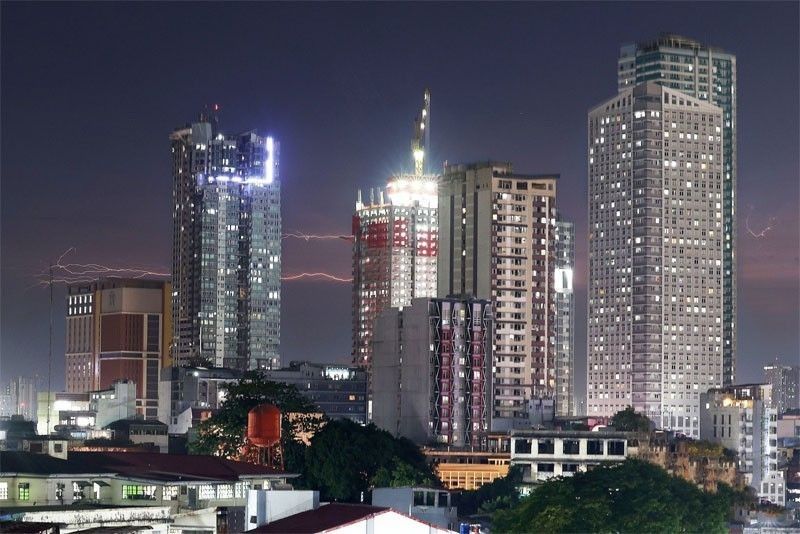Economic managers defend P5.77 trillion budget before House panel

MANILA, Philippines — With “limited fiscal space,” allocation of resources would be optimized, according to the country’s economic managers referring to the proposed P5.768-trillion national budget for 2024, which they defended before a congressional panel.
The House committee on appropriations heard for the first time yesterday members of the Development Budget Coordination Committee (DBCC) discuss the budget program for next year.
Budget Secretary Amenah Pangandaman, National Economic and Development Authority director general Arsenio Balicasan, Bangko Sentral ng Pilipinas Governor Eli Remolona Jr. and Finance Secretary Benjamin Diokno comprise the DBCC.
In her presentation, Pangandaman said they made sure that the programs that “will be budgeted are implementation-ready and must be delivered” in 2024.
Pangandaman noted the Department of Budget and Management had actually received budget proposals totaling P5.9 trillion, but eventually trimmed down the figure to P5.768 trillion after evaluating the proposals.
She reiterated that the proposed budget is based on the Medium Term Fiscal Framework, the administration’s eight-point socio-economic agenda and on the Philippine Development Plan of 2023-2028.
Feasibility studies, detailed engineering designs, annual procurement plans, agency operational plans, agency sector roadmaps and network plans are required for every expenditure program.
“We also refer to the budget utilization rates of agencies in the past years in evaluating their absorptive capacity. For example, we consider that a low budget utilization rate may reflect the agency’s limited capacity to utilize additional funds,” she added.
Ready in 5 weeks
Speaker Martin Romualdez has committed to have “this very important legislation” passed in five weeks.
But he stressed the chamber would still “closely examine” the NEP and “deliver results that would sustain the gains of the past year and support the government’s priorities and policy directions.”
“The budget deliberation is a meticulous exercise that requires accuracy, objectivity, and most of all, transparency. As we hold the power of the purse, it is our duty to completely scrutinize the proposed 2024 national budget,” he said.
Having received the budget proposal 20 days earlier than the deadline prescribed in the Constitution, the Speaker underscored his confidence that the House would be able to deliberate and pass the national budget on time and transmit the same to the Senate.
“I can assure the House will not take a break until and unless we have passed this very important legislation. We will make sure that we can pass the 2024 General Appropriations Bill in just five weeks – four weeks in the committees and one week at the plenary,” he added.
Romualdez called on other lawmakers to “actively participate in the budget deliberation, listen and respect everyone’s view, particularly the concerns of our colleagues from the minority, and reach a consensus that is beneficial to the country, especially the poor and marginalized among our people.”
Marikina Rep. Stella Luz Quimbo, senior vice chair of the committee, said it is “crucial to acknowledge the dynamic and ever-evolving nature of our economy, both on a domestic and global scale” in budget deliberations.
“The decisions we make, the policies we adopt, and the assumptions we hold will collectively influence the course of our nation’s economic growth and development,” she pointed out.
The lawmaker-economist added they have to consider various factors like the “lingering effects of the COVID-19 pandemic, the shifts in international trade dynamics, and the domestic challenges that continue to shape our economic landscape.”
“One key macroeconomic assumption that demands our attention is the trajectory of GDP growth,” she maintained.
Quimbo also underscored the need to “assess the factors driving our economic expansion, from domestic consumption and investment to the performance of key sectors such as manufacturing, services, and agriculture.”
According to Pangadaman, the P5.768-trillion proposed budget is equivalent to 21 percent of gross domestic product and 9.5 percent higher than this year’s P5.268-trillion budget.
- Latest
- Trending






























